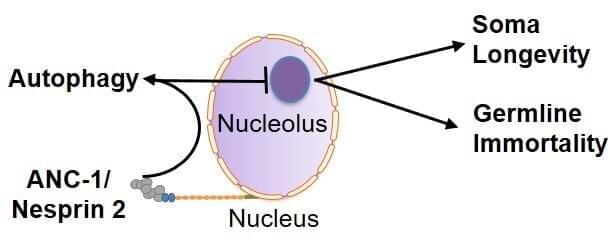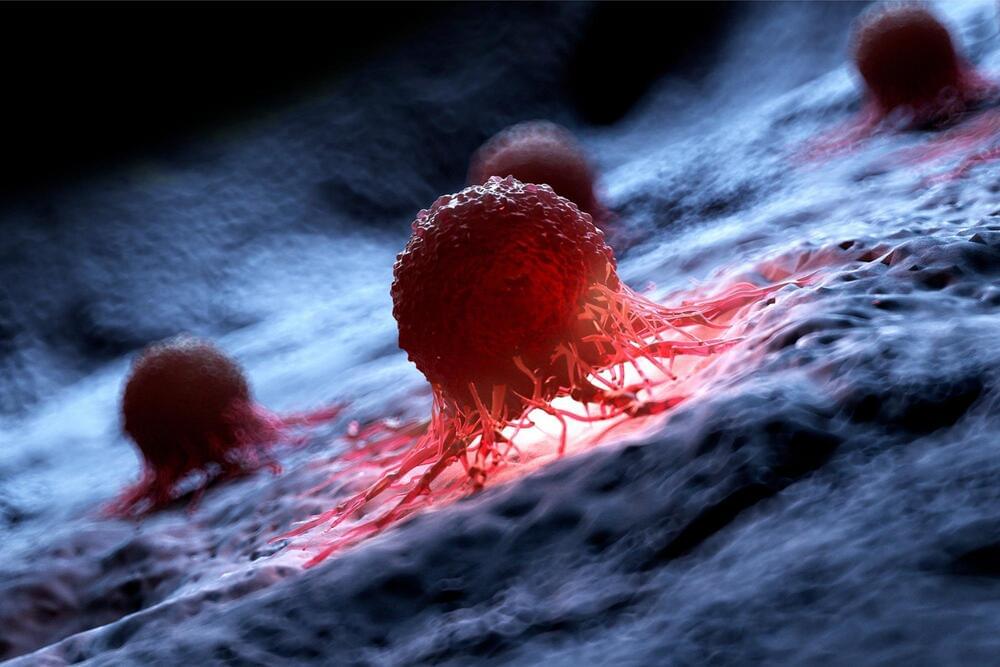Reposting 😗
Thanks to a new experimental gene therapy, one teen’s previously incurable leukemia is now entirely undetectable, marking an incredible breakthrough in genetic immunotherapies. Alyssa, 13, from Leicester in the UK, was told that the only remaining options were end-of-life care to ensure she was comfortable as the aggressive T-cell acute lymphoblastic leukemia took hold – but the experimental CAR-T base editing therapy was able to modify her immune system to clear all detectable cancer cells.
T-cell lymphoblastic leukemia is a type of cancer that affects T-lymphocytes, an immune white blood cell that is created in the bone marrow. In this type of fast-moving leukemia, these cells divide uncontrollably and enter the bloodstream, traveling to the liver, spleen, and lymph nodes. This can cause death in a short span of just months or even weeks without treatment.
Currently, standard care procedures involve chemotherapy and a bone marrow transplant, which is an infamously difficult procedure. In Alyssa’s case, both of these treatments failed.







